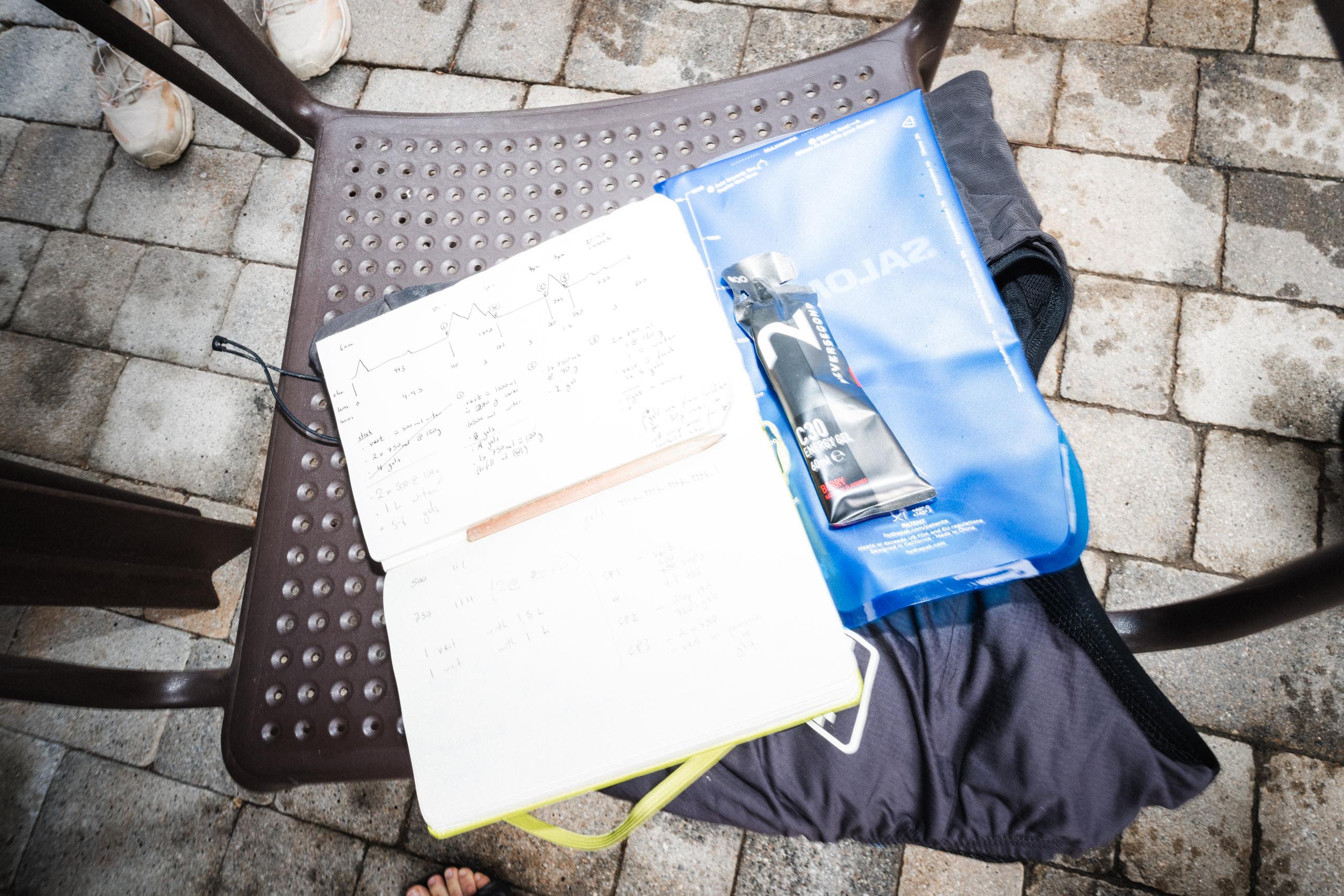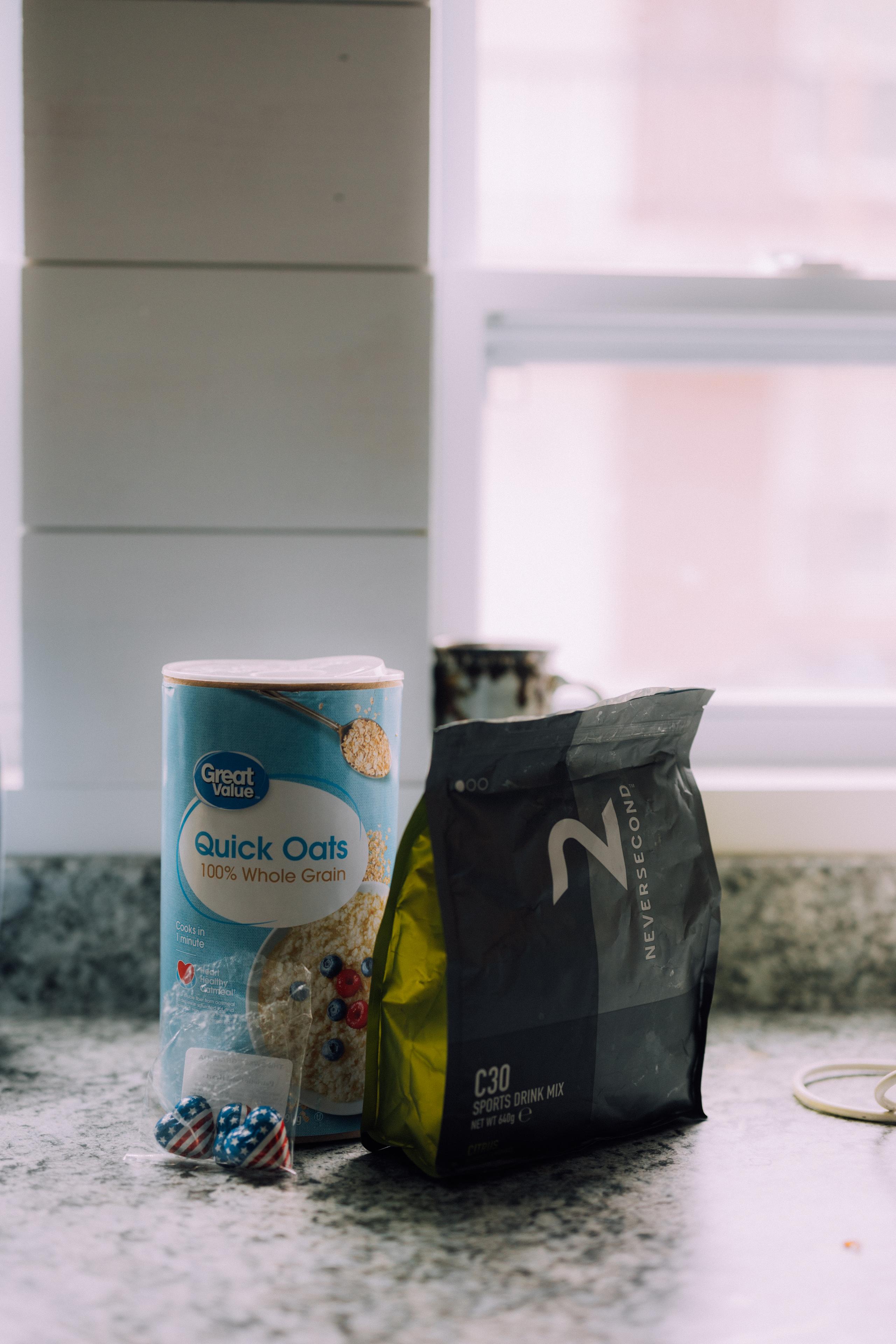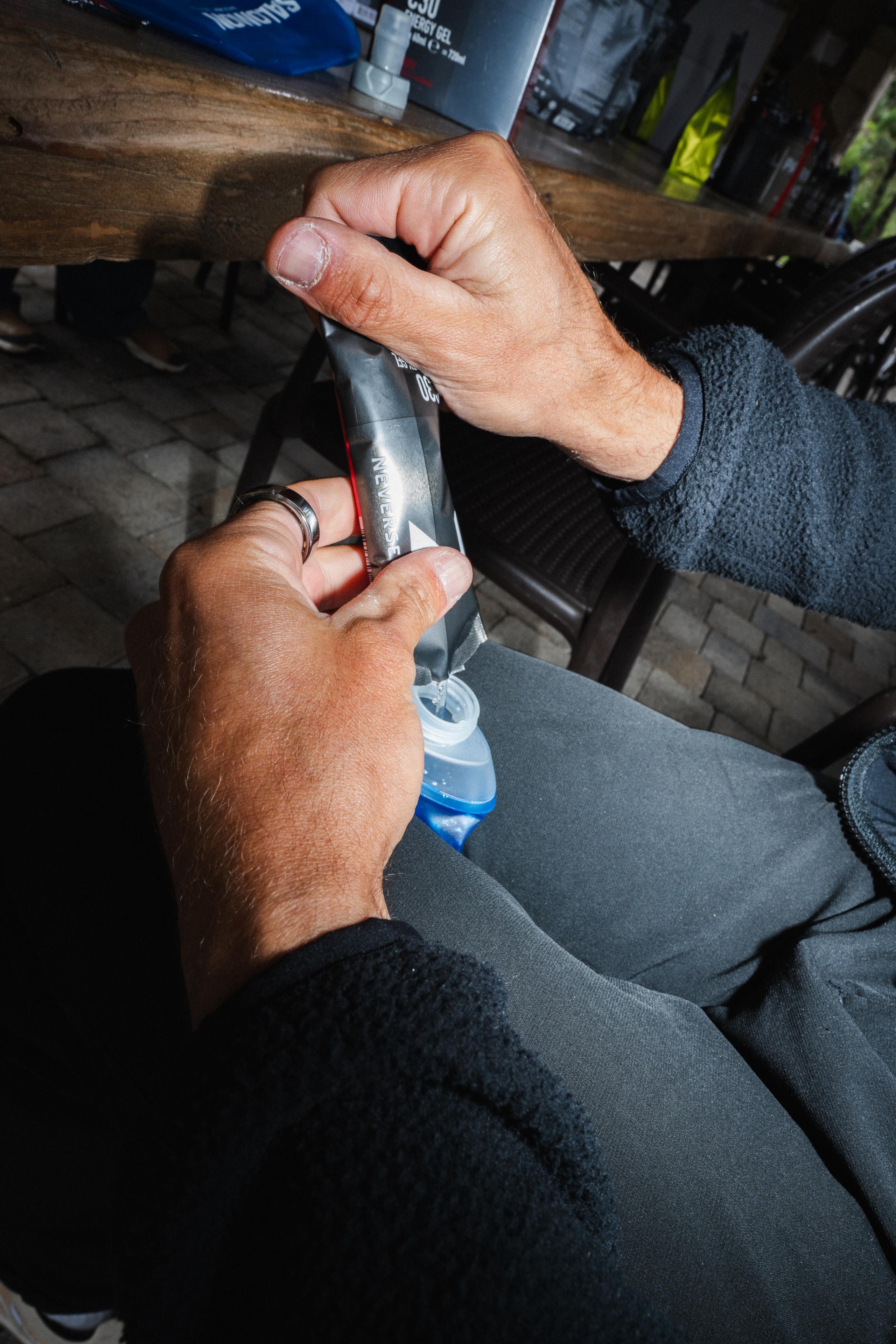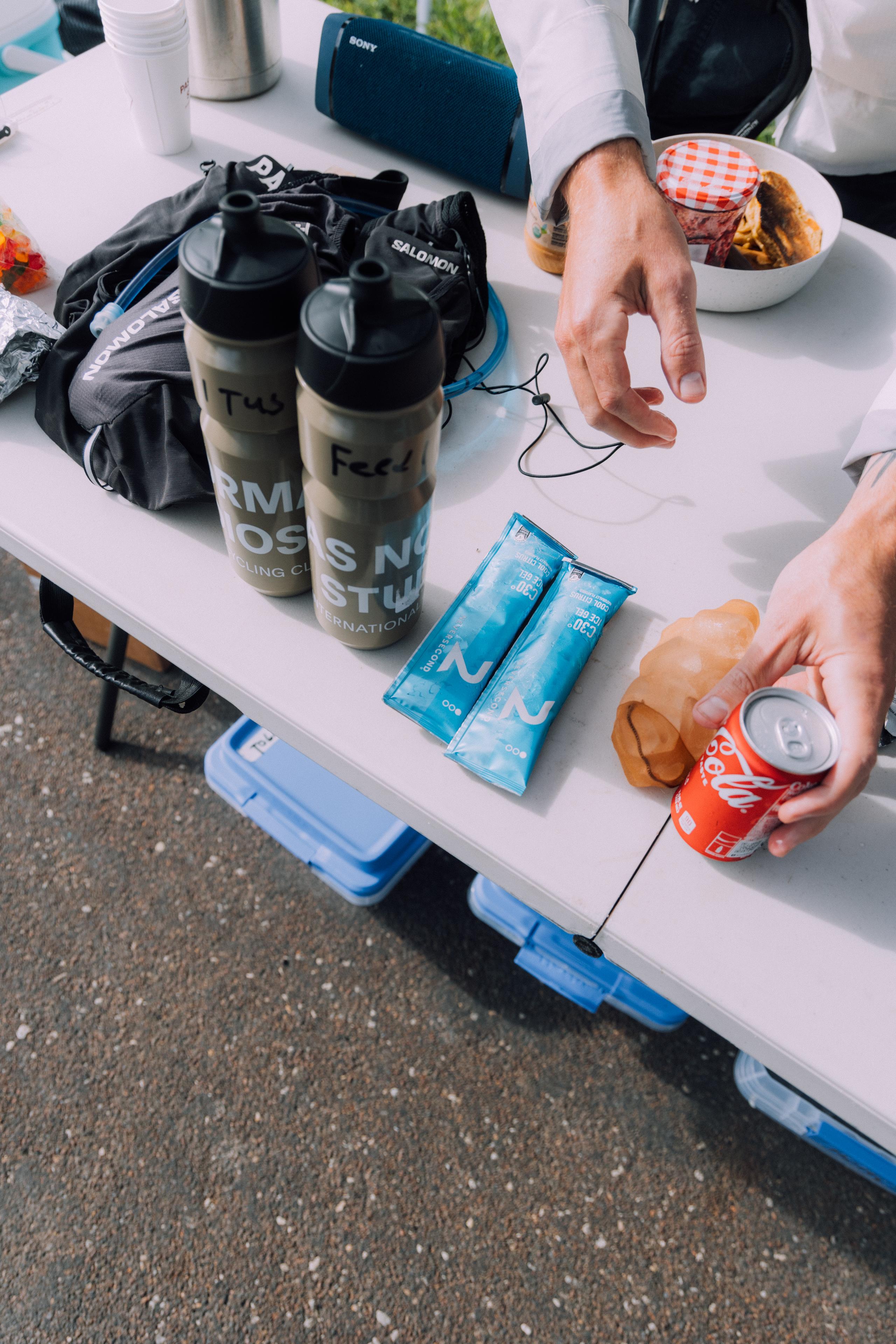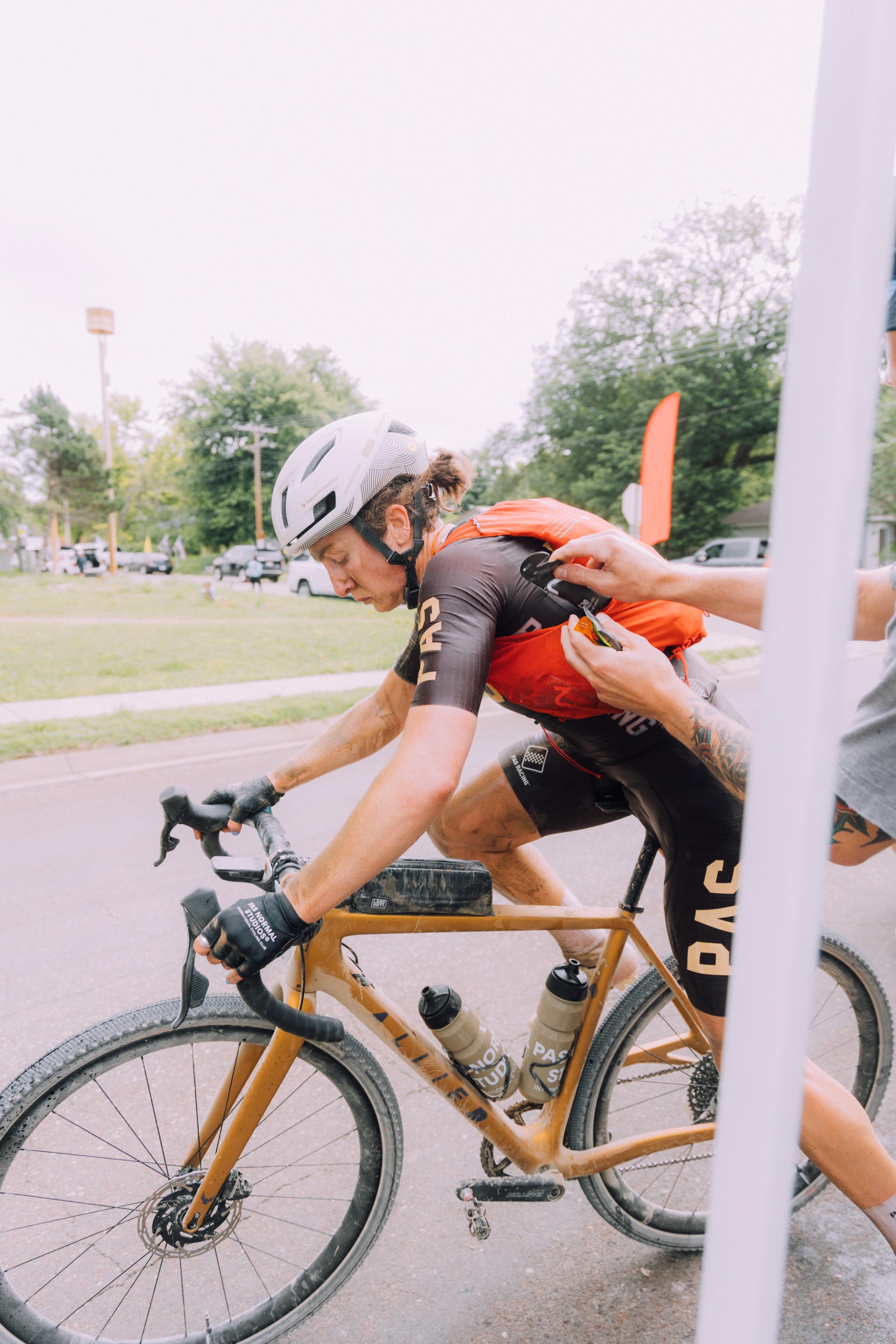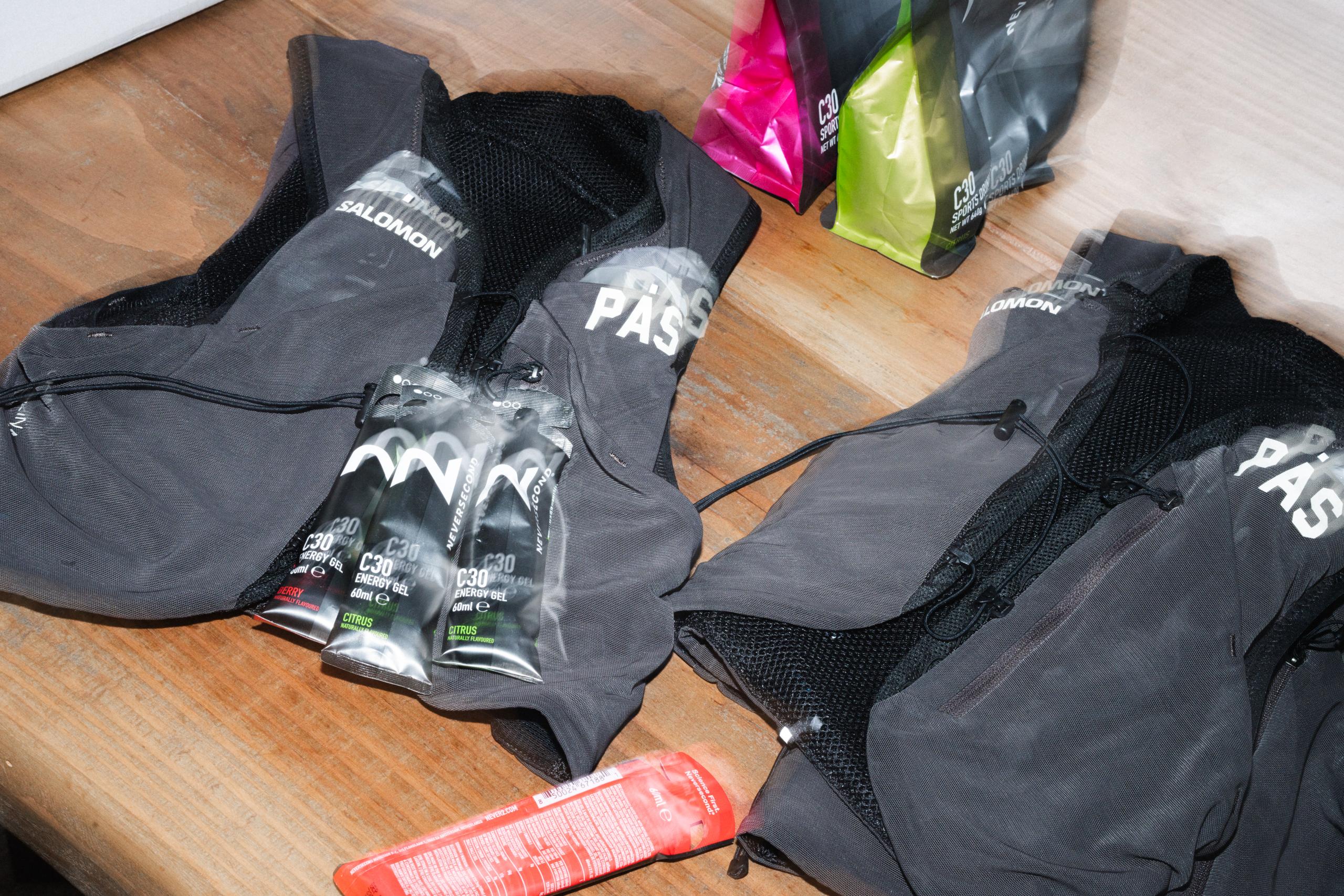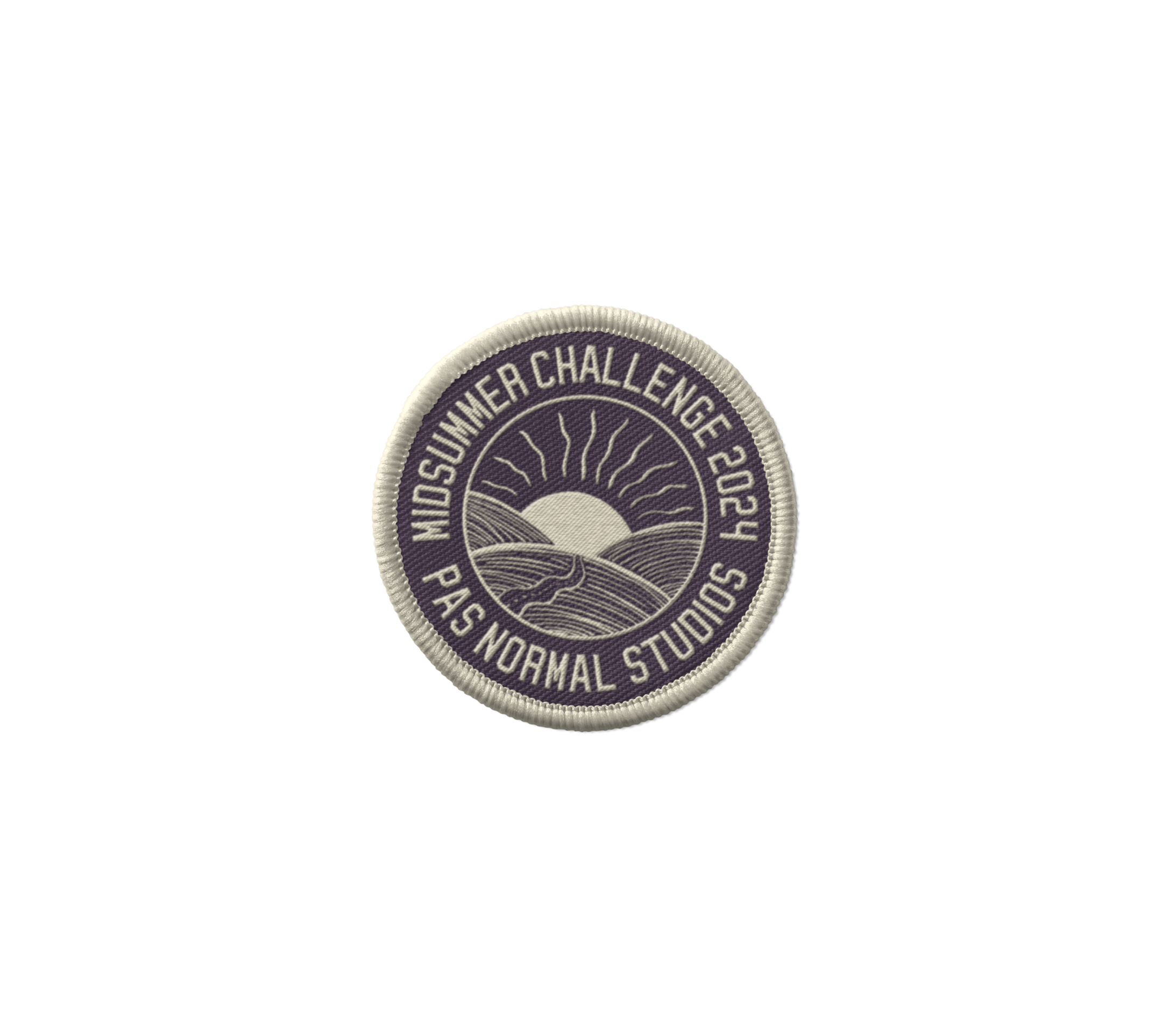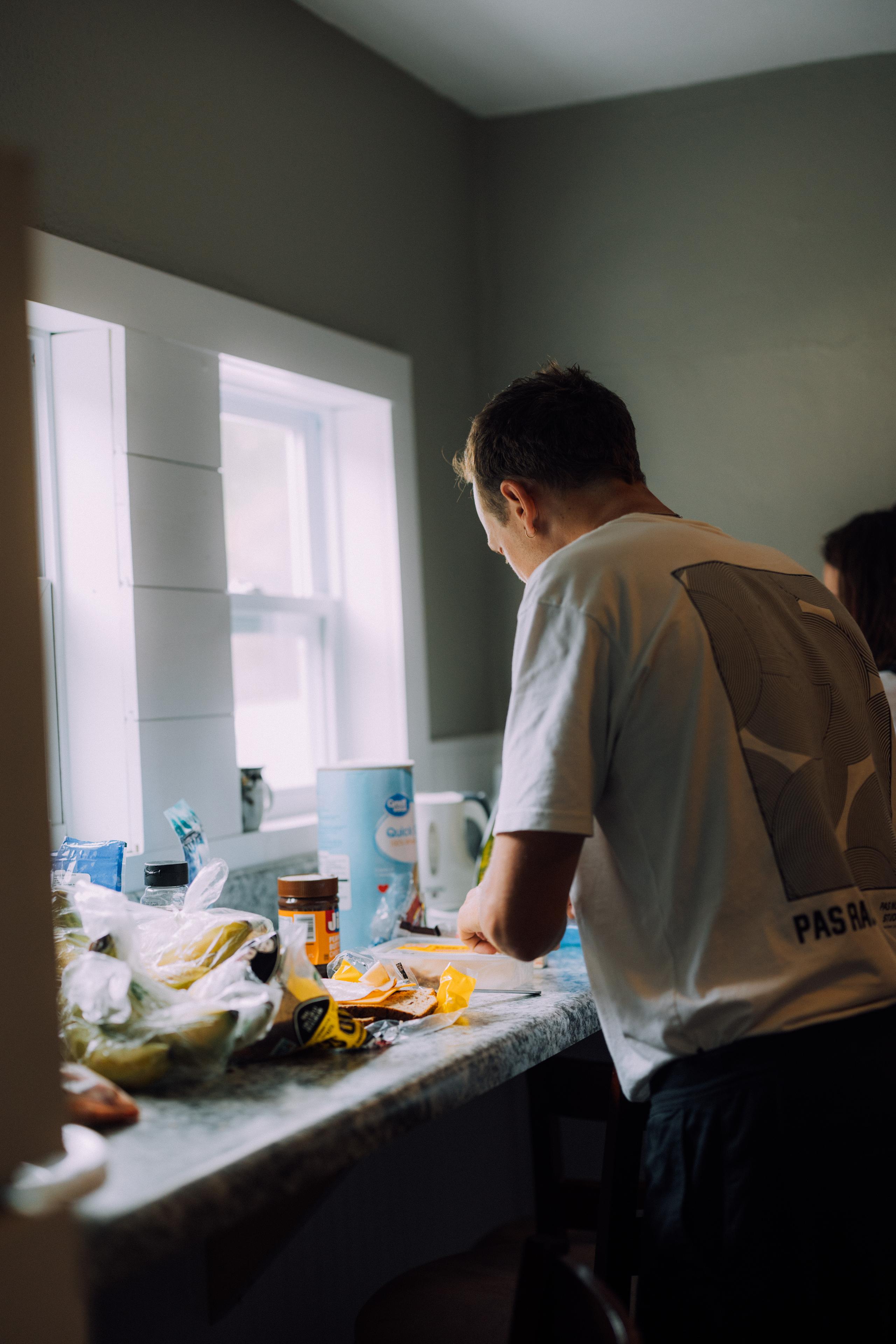
The day before the ride – Focus on the gut
Prepping the gut ahead of a long ride is key to avoiding gut issues during the ride. We suggest avoiding high-fiber, high-fat, and high-protein foods in the 24 hours leading up to the ride. High-fat, high-fibre and high-protein foods are not easily digested, which can hinder performance. Instead, focus on easily digestible carbohydrates like rice, cereals and fruit juices to ensure that your gut isn’t too full and that you have quick energy available.
You can top up your fuel stores the night before the big day with a high-carbohydrate pH neutral sports drink such as Neversecond’s C90 Sports Drink. This can be in addition to your dinner.
